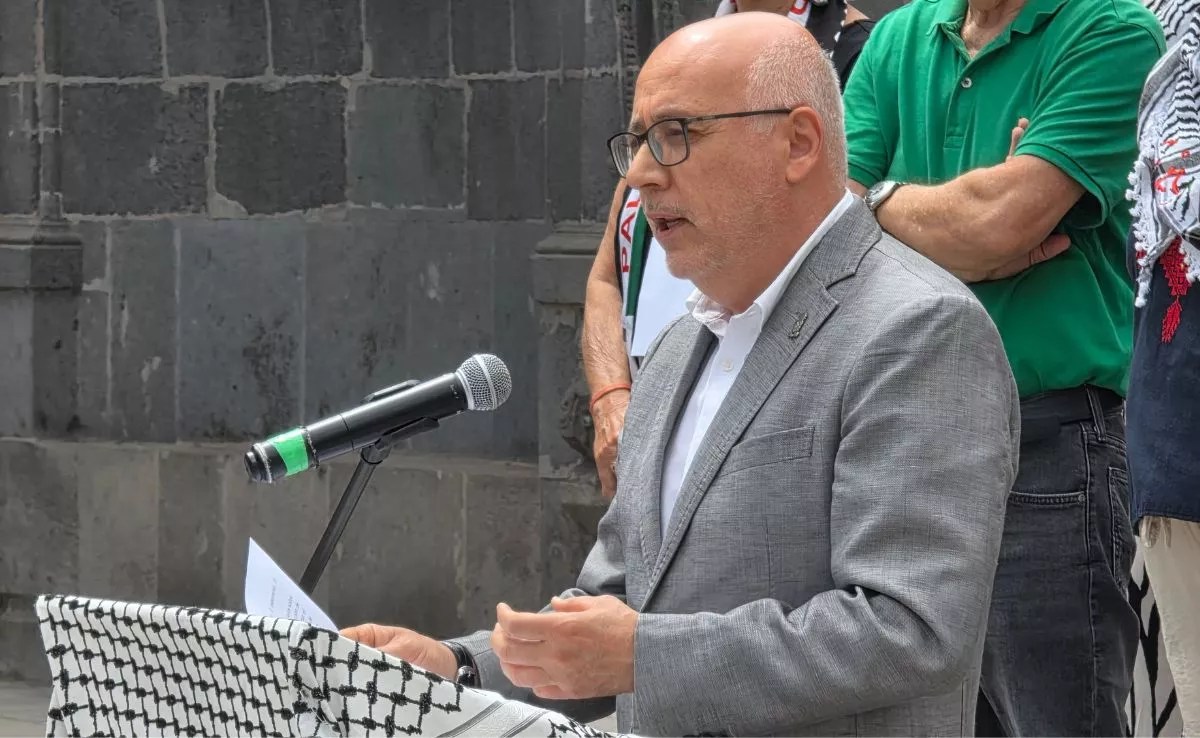Giuv and Abdoulie are two students enrolled at IES La Guancha-Jerónimo Morales Barroso. One hails from Gambia, while the other originates from Senegal; however, they currently reside in the northern part of the island after arriving in the Canary Islands by boat, having triumphed over numerous challenges, much like the majority of unaccompanied migrant minors.
They became part of the educational institution last year and are now in the second year of Basic Vocational Training in Administrative Services, which equips them for employment in any small to medium-sized enterprises.
Despite their commendable academic performance and successful integration with their peers, both are required to pause their education on November 20, the date when they reach the age of majority, thereby necessitating their departure from the sheltered accommodation in which they currently reside, “without any form of housing or viable alternatives,” laments Rubén Gallo, the centre’s director. They are not the only individuals facing this predicament; six other students share a similar situation, but the institution is keen to resolve these two cases, deemed the most urgent.
“They arrived eager to learn, appreciative and willing to tackle the language and personal obstacles they encounter,” remarks Gallo. Additionally, “both coexist with other students harmoniously, they invest effort in their studies, and they actively engage in both the academic and extracurricular activities of the centre,” he continues.
He underscores that both students have advanced to the second year based on their own merits, “which is why we proposed that they continue their educational journey through internships in companies, so that by June next year, they could obtain their qualification with all the necessary assurances, just like their peers,” he states.
This was why the management team was “taken aback” last week when the director of the residence where both students are living relayed the concerning news to them.
Since that moment, the educational community has earnestly sought a solution “without a clear path or course of action; no one is at fault here, and it is beyond our jurisdiction, yet they are facing the prospect of homelessness, which is truly disheartening,” Gallo expresses.
He further mentions that one of the students is still awaiting a visa, a procedure that can be protracted. “Should they obtain a work permit, we would be actively seeking employment opportunities, as they have expressed their willingness to take on any job that allows them to complete their studies,” he notes.
“Why did I begin my studies? What is the purpose if I cannot finish now?” they questioned their tutor upon learning about the uncertainty surrounding their academic future. “Providing a satisfactory answer is quite difficult,” admits the director. They are not the only institution in the Canary Islands grappling with this reality; there are numerous others enrolling 16-year-old students, offering them a chance at training while being aware that they may not have the opportunity to complete it.
The management team has reached out to the local council, the Red Cross, and various NGOs in an effort to seek alternatives that would enable Giuv and Abdoulie to complete their education. Concurrently, they are formulating a ‘plan B’ in case they are unable to take any responsibility for these two minors. “We are considering establishing a collective fund within the faculty and sincerely gathering money to help them cover rent until the course concludes. We do not see any other practical solution,” he states.
Gallo acknowledges the societal challenge that IES La Guancha confronts, as well as the fact that from an institutional perspective, “we must endeavour to address the needs and unique situations of our students in general, and this specific case in particular. Only in this manner will the efforts of both these young individuals and their educators be meaningful,” he concludes.















